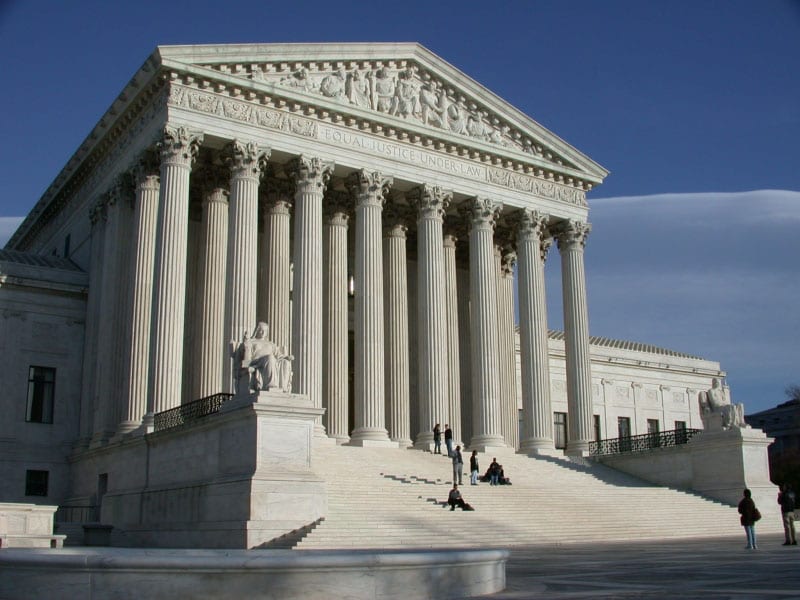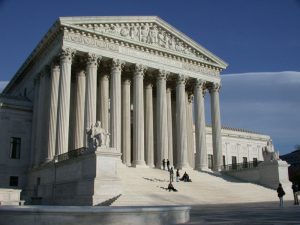On Tuesday, Utah became the first state to file a writ of certiorari, commonly referred to as cert, with the U.S. Supreme Court to uphold its marriage ban.
In June, the Tenth Circuit Court of Appeals ruled Utah’s marriage ban unconstitutional, the first such ruling by a federal appeals court.
The state had three choices. It could have accepted the ruling and begun issuing marriage licenses. It could have could have asked for a hearing en banc, meaning a new hearing would have been held at the appeals court level, but this time heard by the entire court, rather than a three-judge panel. Or, as it did, it could have appealed to the U.S. Supreme Court.
Two other states that have received appeals court rulings— Oklahoma and Virginia — also may file writs of cert. Four additional states’ cases — Michigan, Ohio, Kentucky and Tennessee — were heard by an appeals court this week and may appeal to the U.S. Supreme Court once a ruling is handed down.
The U.S. Supreme Court is in recess and reconvenes the first Monday in October. That’s when they’ll begin to decide which cases to hear during the upcoming session. If a marriage case is heard, a decision isn’t expected until June 2015. Traditionally, the most controversial decisions are left until the last day of the session. The court may also decide not to take a case during the 2014-15 session to allow more lower courts deal with the issue before hearing a case the following session.

















